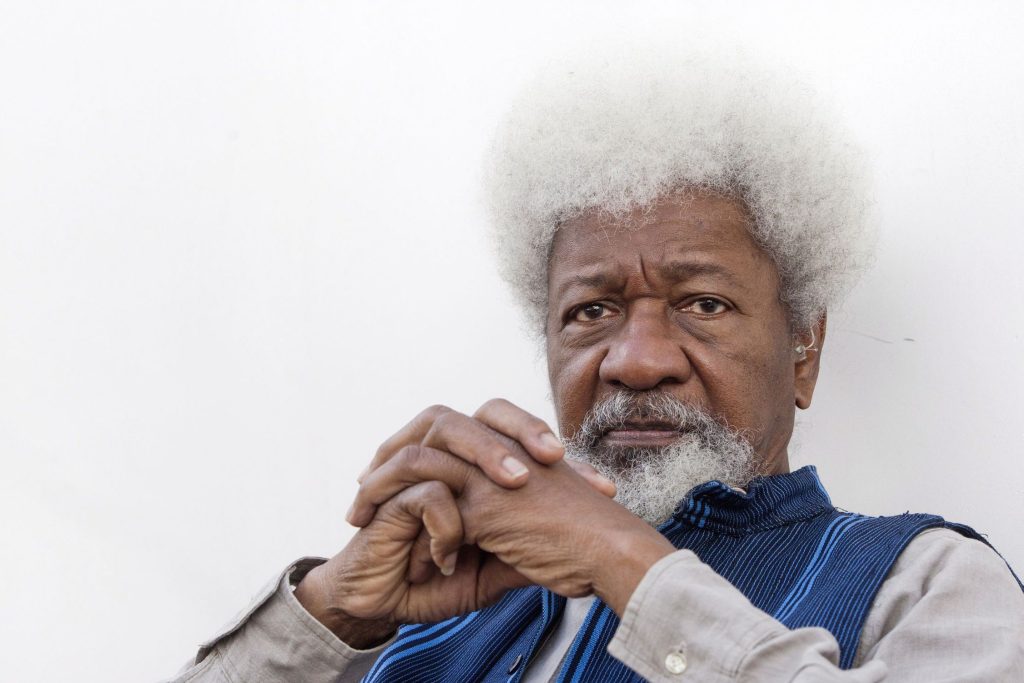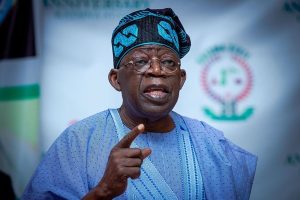
Nobel Laureate Professor Wole Soyinka has strongly criticized the recent decision to ban a song by Nigerian artist Eedris Abdulkareem, describing the action as a troubling return to censorship and a direct threat to freedom of expression in Nigeria.
In a statement released from New York University’s Abu Dhabi campus on Sunday, Soyinka condemned the censorship, noting that such measures harken back to earlier attempts to silence social and political commentary in the country.
“I only learned of the ban through a cartoonist friend who sent me a graphic satire about the incident,” Soyinka said, in a statement published by PM News. “To think that we are witnessing a resurgence of censorship, this time aimed at the creative work of a musician, Eedris Abdulkareem is deeply disturbing.”
With a tone of biting irony, Soyinka mockingly proposed that the authorities didn’t go far enough. “It’s not just the song that should be banned,” he quipped. “The artist himself should be outlawed. While we’re at it, let’s also shut down any musical association he belongs to.”
Despite admitting that he had not listened to the controversial track himself, Soyinka emphasized that the issue is much larger than the lyrics or the music, it is about the fundamental right to free expression, a right he insists must never be compromised.
“That right is non-negotiable,” he declared. “Freedom of speech is a cornerstone of any democratic society, and suppressing it under any guise is unacceptable.”
Soyinka also pointed out the irony that bans like these often backfire, drawing more public attention to the banned material and boosting the artist’s popularity. “Thanks to the government’s free publicity, Abdulkareem is probably smiling his way to the bank,” he remarked wryly. “I must confess I envy him.”
The literary icon expressed concern that such censorship is not only ineffective but also dangerously regressive. “We’ve seen this pattern before again and again,” he said. “It’s predictable, wasteful, and ultimately undermines the very fabric of democratic governance.”
He warned that suppressing dissent through censorship only empowers authoritarian tendencies. “When the state flexes its power to silence voices, it creates a toxic climate where any form of dissent is criminalized. That’s how tyranny gains a foothold.”
Beyond the issue of censorship, Soyinka also addressed wider societal problems plaguing Nigeria, including impunity and mob violence. He mourned the recent lynching of 19 young people in Edo State, expressing deep sympathy for their families and calling for justice.
“My heart aches for the families, friends, and survivors of this senseless massacre,” he said. “We must never lose our thirst for justice.”
He drew a chilling comparison to the 2022 killing of Deborah Samuel in Sokoto, lamenting how identified perpetrators of such acts often go unpunished. “They parade their faces online with impunity, unashamed and untouched by the law, even when security agents and the public watch on.”
Soyinka emphasized that the failure to hold such individuals accountable only encourages more violence. “When impunity is normalized, our shared humanity is consistently violated. We must never allow that to become the norm.”
He closed his statement with a direct appeal to the relevant authorities, urging them to reconsider the decision to ban Abdulkareem’s song. Labeling the move as “irrational and petty,” he cautioned against silencing critical voices in society.
“Any government that only listens to praise-singers has already started its descent into authoritarianism,” he warned.





